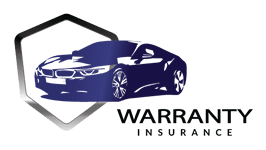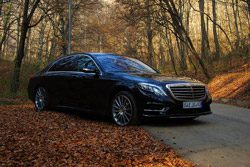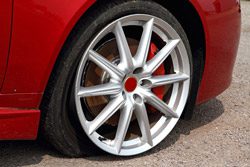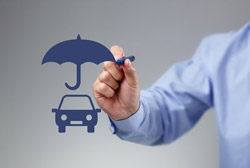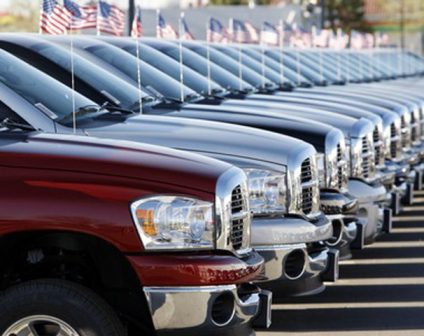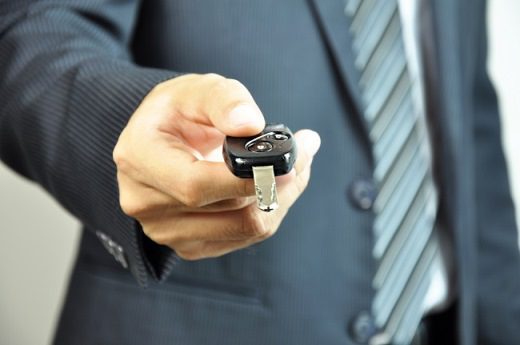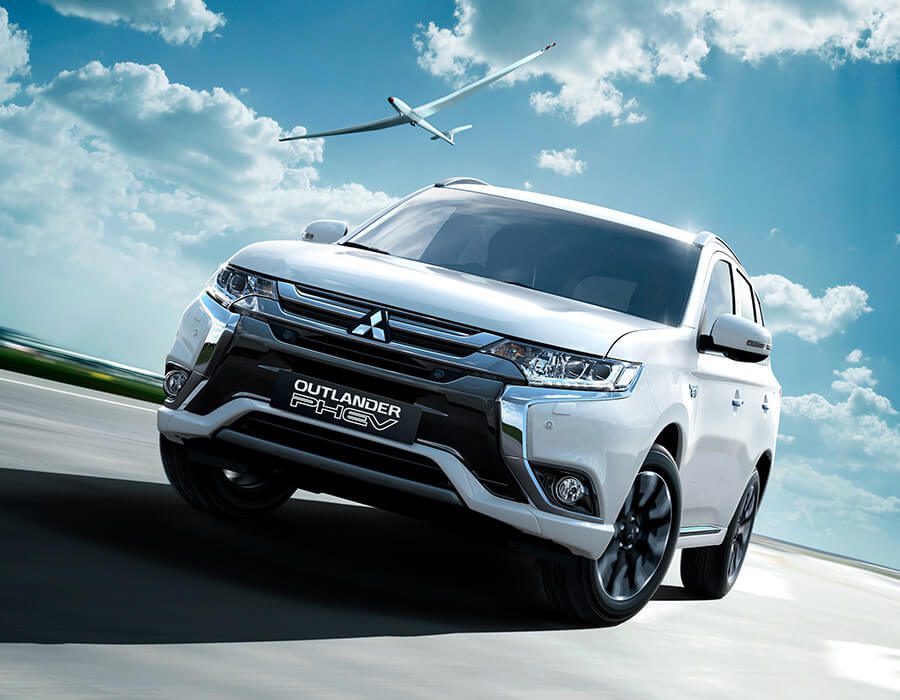Being a business owner comes with a variety of risks, two of the most common being workers’ compensation claims from employees and liability lawsuits from consumers.
Another type of risk that you may not be as aware of, though, is the liability you face if one of your employees gets in an accident on the road while driving a company vehicle.
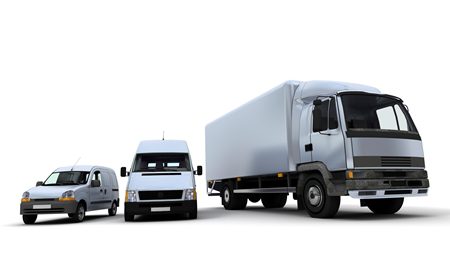
If fulfilling your customers’ product or service needs requires the regular use of a vehicle or multiple vehicles, your business needs commercial vehicle insurance.
Credit: nyctruckinsurance.com
Let’s take a closer look at determining whether your business needs commercial vehicle insurance as well as what’s covered and the type of cover your business needs.
What Types of Businesses Need Commercial Vehicle Insurance?
If fulfilling your customers’ product or service needs requires the regular use of a vehicle or multiple vehicles, your business needs commercial vehicle insurance. Types of businesses that need this insurance include the following:
- Any business that transports goods or makes deliveries
- Any business that requires car transportation to get staff members to your customers (such as service technicians)
- Any business that has a fleet of commercial trucks
- Any business that uses their vehicle as a traveling “tool box,” such as electricians and builders (Commercial vehicle insurance is even more important for these businesses)
- Transportation businesses such as taxi services, bus companies, and limo services
Do You Need It?
If your business has one or more company vehicles like those businesses listed above, commercial vehicle insurance is a must. But what if you have a personal vehicle that you also use for business purposes? This makes things more confusing.
Many personal car insurance policies have conditions that will void the cover if it’s found that the vehicle was used for business purposes, so It’s critical that you select the right policy cover in this case.
It’s best to talk to an insurance agent if you fall into this category to find out what type of cover you need.
What Types of Commercial Vehicle Insurance Are There?
Commercial vehicle insurance covers you and anyone else who drives the vehicle. The insurance will provide compensation for damages and cover your liability risk.
You may not think that you need to cover employees that use their personal vehicles for work related to your business, but you would be wrong.
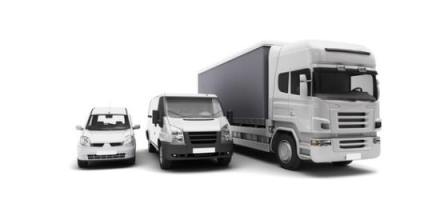
Commercial vehicle insurance covers you and anyone else who drives the vehicle. The insurance will provide compensation for damages and cover your liability risk.
Credit: tridentinsurance.co.uk
You should make sure to cover both them and their vehicles if this is the case. There are different types of cover so, again, you should talk to an agent to find the right cover for your situation.
What Does Commercial Insurance Cover?
Typically, a policy covers expenses resulting from an accident whether it’s you or your employee that caused the accident. This is known as liability cover, and includes the following:
- Legal fees
- Property damage to the other person’s property
- Bodily injury to the other person
- In addition to protecting you and your employees from liability, a commercial insurance policy also covers these areas:
- Medical expenses for you or your employees, as well as any passengers that were in the vehicle
- Collision coverage for when another vehicle or object causes the damage
- Damage resulting from perils such as theft, weather damage, and vandalism (comprehensive cover)
- Property damage and bodily injuries you or your employees and any other passengers in the vehicle incur if an underinsured or uninsured motorist was responsible for the accident
- Loss or damage to tools, equipment, or custom fitouts
- Public Liability cover
What Is the Right Level of Cover for Your Business?
To sum up, your policy should cover the full replacement value of every vehicle in your fleet. This means that if you have tools, equipment, or other things of value in the vehicle, you need a policy that covers these items as well. We recommend answering the following questions to determine the level of cover you need:
- Do you transport property and goods that your business doesn’t own?
- Do you have any kind of custom fitout?
- Does the vehicle include an investment above the basic vehicle purchase?
- Do you carry inventory in the vehicle?
- Do you carry tools and equipment in the vehicle?
- Could you afford to fund the non-vehicle replacement costs if you faced a total loss?
- If your cover was refused after an accident because of an inadequate policy, could your business sustain the financial impact?
